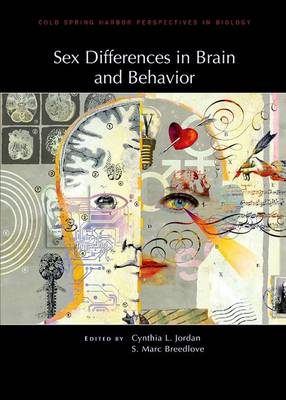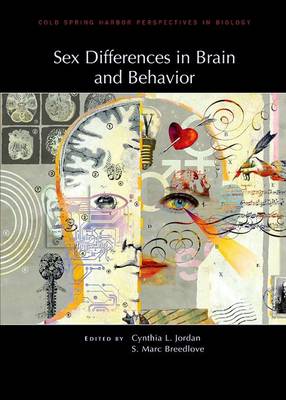
- Retrait gratuit dans votre magasin Club
- 7.000.000 titres dans notre catalogue
- Payer en toute sécurité
- Toujours un magasin près de chez vous
- Retrait gratuit dans votre magasin Club
- 7.000.000 titres dans notre catalogue
- Payer en toute sécurité
- Toujours un magasin près de chez vous
Sex Differences in Brain and Behavior
123,95 €
+ 247 points
Description
Males and females of many mammalian species, including humans, display differences in physiology and behavior. Research on these differences is revealing how they arise during development, their impact on disease, and the role of hormones. Written and edited by experts in the field, this collection from Cold Spring Harbor Perspectives in Biology summarizes recent progress in this area. It includes contributions covering epigenetic mechanisms in the brain, neuroendocrine responses to stress, and the evolution of reversed sex differences in the behavior of spotted hyenas, as well as studies of how sex differences may affect circadian rhythms, immune disorders, and depression. The book also examines controversy around research in this area, including assessing bias in interpretation, whether prenatal hormones affect human sexual orientation and gendered behavior, and the dangers of neglecting sex differences when planning experiments or assessing pharmacological treatments. It is thus a vital reference both for biologists in the field and for translational researchers developing therapeutic approaches that may be affected by underlying sex differences.
Spécifications
Parties prenantes
- Editeur:
Contenu
- Nombre de pages :
- 166
- Langue:
- Anglais
- Collection :
Caractéristiques
- EAN:
- 9781621823971
- Date de parution :
- 31-10-22
- Format:
- Livre relié
- Format numérique:
- Genaaid
- Dimensions :
- 183 mm x 262 mm
- Poids :
- 544 g






